South Africa
Official results confirmed Sunday (Jun. 2) that no party won a majority in South Africa's election as unprecedented coalition talks begin.
58.6% of voters cast a ballot in the parliamentary poll which saw the ANC win a little over 40%.
According to Professor Patrick Bond, a political analyst from the University of Johannesburg, that leaves the center-left ANC with the dilemma of whether or not to form a coalition with the centrist opposition party, the Democratic Alliance.
"A real national executive committee crunch point for both the ANC and the Democratic Alliance. Will it be to both of their advantage to combine with a solid 62 percent of the vote or would the ANC rather just scrape by at about 50 with a combination of small parties, possibly one of them the fourth party, the economic freedom fighters, or even reaching out to Jacob Zuma and saying, come back and we'll give you deputy president and your honor will be restored."
The ANC won 159 seats in the 400-seat Parliament, down from the 230 it won in the last election. The DA increased slightly to 87 seats.
There are four major political parties and in total, eight with significant shares of the vote after last week's election.
Second term
President Cyril Ramaphosa called Sunday for South Africa's political parties to overcome their differences and find “common ground” to form the first national coalition government in its young democracy.
The ANC' leader is seeking a second term and can count on the firm support of his group.
READ ALSO: ANC says Ramaphosa will not step down for the sake of a coalition
"We know Cyril's leadership, and I think there's a lot of certainty in Cyril's leadership. We understand the way in which the policies have been created and I think also Cyril will probably be more likely to collaborate with other parties and allow for this inter-party mix," Peter Baur a political economist at the University of Johannesburg.
There is some time pressure for coalition talks to progress and for the uncertainty to be minimized, given that the new Parliament needs to sit for the first time and elect a president within 14 days of the election results being declared.




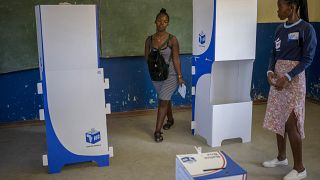

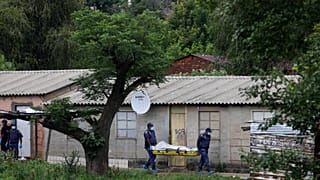
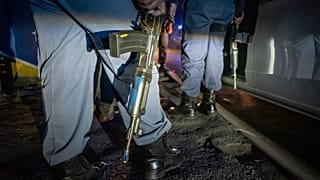
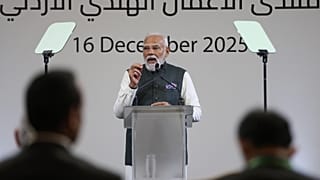
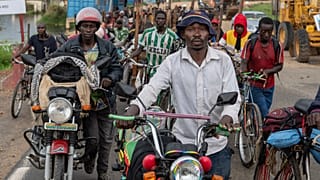

01:08
Zuma’s 18-year corruption battle nears crucial court ruling
01:13
United Nations decries crackdown on opposition ahead of Ugandan elections
01:00
2027 Rugby World Cup: Springboks and All Blacks set for quarterfinal showdown
01:05
ECOWAS delegation in Guinea-Bissau for talks with coup leaders
01:48
Zuma’s daughter resigns amid claims South Africans were lured into Ukraine War
00:51
ECOWAS expels Guinea-Bissau after army general seizes power